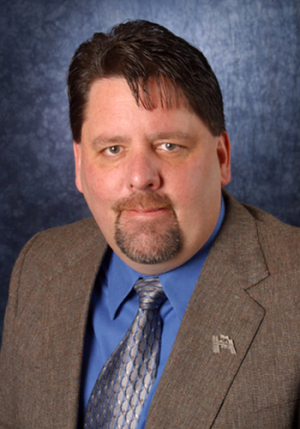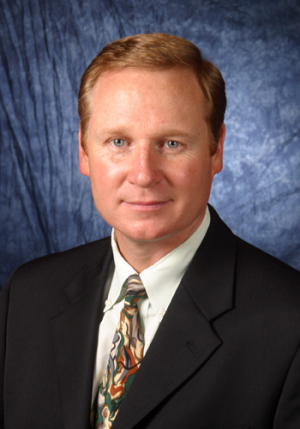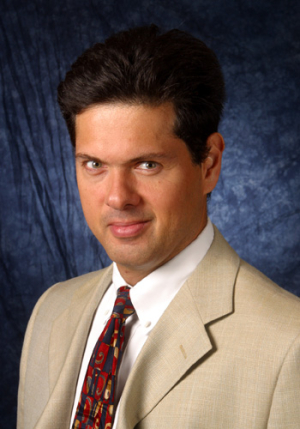A country north of Saudi Arabia on the Persian Gulf, Qatar ranks among the top 20 producers of oil worldwide.
Though the natural resource is the cornerstone of their economy, Qatar wants more. Recently, they dedicated 2.8 percent, or roughly $1.5 billion yearly, of their gross domestic product toward earning a reputation as a knowledge-based nation.
On their path to achieving this goal, the Qatar National Research Fund recently awarded University of Houston researchers two separate grants totaling $2.4 million to collaborate with researchers in that country not only to advance science research, but also education.
“Their motivation,” said David Zimmerman, an investigator on one of the grants and a professor of mechanical engineering at the UH Cullen College of Engineering, “is to fund research that benefits Qatar, and the rest of the world.”
Qatar has already brought branch campuses of six American universities to their capital city of Doha in this quest. UH will now partner with researchers from one of these branch institutions, Texas A&M University at Qatar, helping to engage UH in the research culture of the country.
The two UH projects, part of the country’s National Priorities Research Program, work to develop a scientific framework for sustainable approaches to addressing environmental issues.
The first grant, joining Qatar investigators with Matthew Franchek, chair of the college’s department of mechanical engineering, Karolos Grigoriadis, a professor of mechanical engineering, and Javad Mohammadpour, research professor of mechanical engineering, will explore ways to rid vehicle exhaust of harmful pollutants without sacrificing fuel efficiency.
“The main objective is to develop efforts and techniques to improve fuel efficiency by reducing the harmful emissions from combustion engines,” said Grigoriadis of the research. “This is a big deal these days because, of course, environmental pollution and fuel economy are big issues. And using new methods and new tools, it is possible to optimize fuel efficiency and capture harmful emissions before they enter the environment. Qatar has an interest in this topic. They see it as a way to use oil in a better way, and we see it as a viable collaboration that will help us enhance our research at the same time.”
Focused on structural health monitoring, the second grant teams Zimmerman and Franchek in another international partnership with Qatar. Through the use of a laser vibrometer and other monitoring equipment, researchers will attempt to measure the vibration response of objects to not only detect potential damage, but also its extent.
It concentrates on the integrity of transportation infrastructure and historical monuments, Qatar researchers plan to construct scale model buildings—roughly four-feet in height per floor—to be placed outside in the elements for the three-year duration of the grant. These researchers will study how the environment affects the models and devise methods to compensate for any problems associated with their findings. Franchek and Zimmerman plan to monitor the models, in real-time, through the Internet.
Similar to this project, the majority of the collaboration will be carried out through online meetings. Annual trips for all investigators are planned with the first happening early next year. On these trips, UH researchers will offer seminars and short courses on their current research as well as seek new research collaborations and establish faculty exchange programs.
The partnerships will also send a total of six UH graduate students and two post-doctoral associates to Qatar. Graduate students will take turns spending time in the country, sharing their experiences with UH researchers upon their return. Meanwhile, the post-doctoral associates will stay the full three years.
These students will play a major role in helping establish laboratories and be the conduit between UH and Qatar, Franchek said.
“We share a lot of the same ambitions—excellence in research and discoveries that address national need,” he said. “This is a great opportunity for us. It further puts UH on the international research map.”


